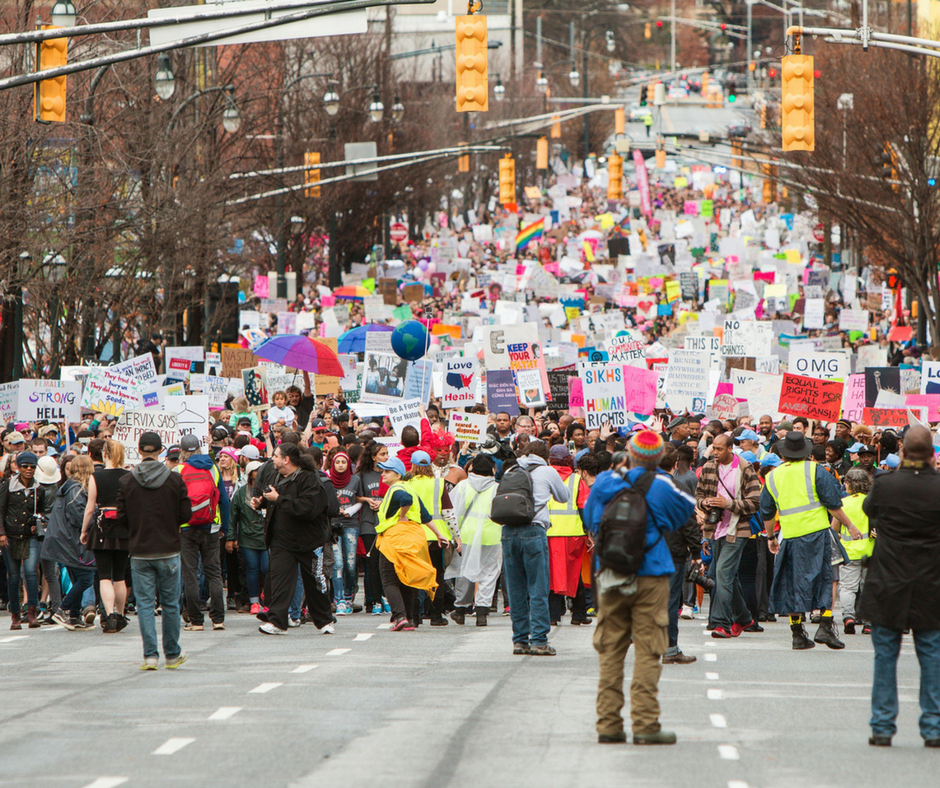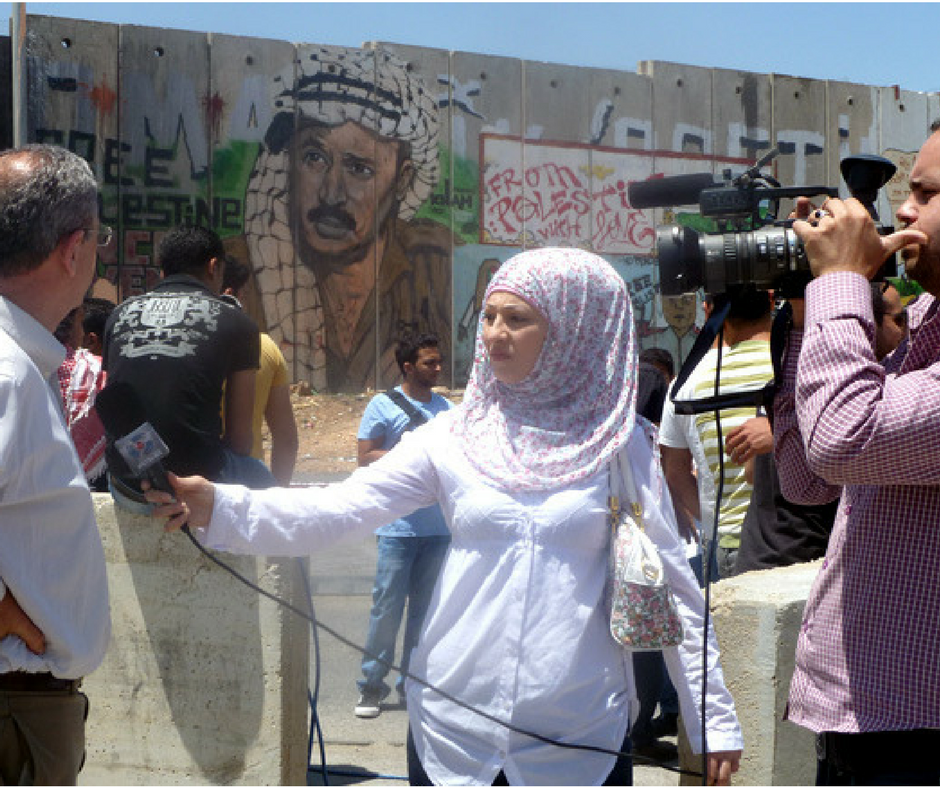About Us
While the rapid growth of media and communication should ideally increase understanding amongst diverse groups, research suggests that the opposite may be happening. In the United States, news is increasingly shared inside partisan information bubbles that fuel political polarization. In conflict-fragile developing countries, the introduction of mobile devices has allegedly increased political violence by allowing those set on using violence to organize better collectively. Everywhere, the news media’s focus on sensationalism and violence has heightened public fears and exacerbated the demonization of groups targeted for blame.
Today’s information environment poses a new set of challenges that were unforeseen even a decade ago. At the same time, unprecedented opportunities to reach the masses of humanity instantaneously have emerged over these same information networks. To this end, the School of Media and Public Affairs at George Washington University – an internationally-recognized center of research excellence on political communication – has established the Media and Peace Building Research Project which is seeking partnerships and funding for our research projects, as well as initiatives like developing a strong online presence, offering public talks and hosting an annual conference on the theme of media and peace.
Our Initiatives
Mobile Phones, Political Violence and Peacebuilding
Project 1, Mobile Phones and Peace Building, aims to understand how the introduction of mobile phones (and related technologies) is alleged to increase political violence in conflict-fragile states and how peacebuilders can use the same networks to prevent and disrupt violence and build positive peace.
Reconciliation in the United States
Project 2, Reconciliation in the United States, aims to understand the drivers of political polarization in the United States and offer insights on media-based methods and tools to stop and reverse this trend.
Peace Journalism
Project 3 asks, Can Peace Journalism Thrive? It aims to understand why the mass media and social media gravitate towards sensationalism and violence in international news coverage and whether a market-based media system can support alternative stories that promote conflict resolution and reconciliation.




